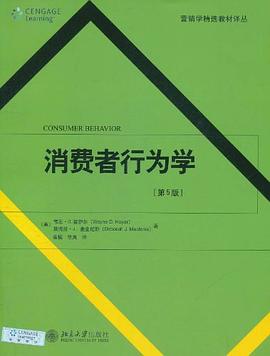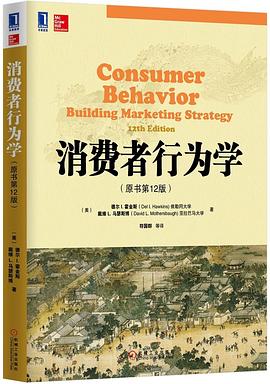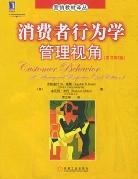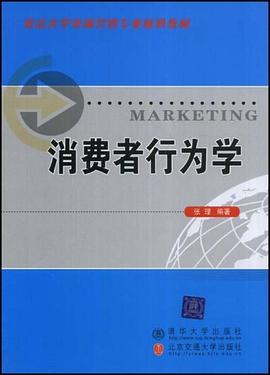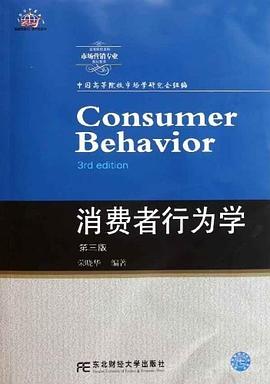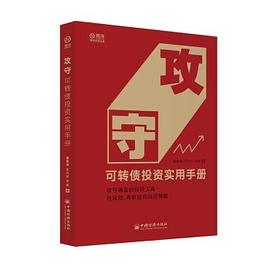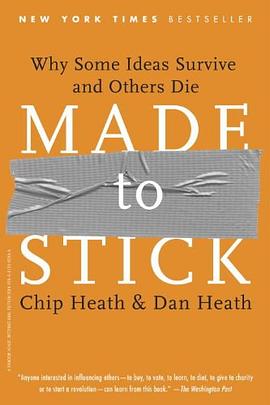

具體描述
What is that makes urban myths so persistent but many everyday truths so eminently forgettable? How do newspapers set about ensuring that their headlines make you want to read on? And why do we remember complicated stories but not complicated facts? In the course of over ten years of study, Chip and Dan Heath have established what it is that determines whether particular ideas or stories stick in our minds or not, and "Made to Stick" is the fascinating outcome of their painstaking research.Packed full of case histories and thought-provoking anecdotes, it shows, among other things, how one Australian scientist convinced the world he'd discovered the cause of stomach ulcers by drinking a glass filled with bacteria, how a gifted sports reporter got people to watch a football match by showing them the outside of the stadium, and how high-concept pitches such as 'Jaws on a spaceship' ("Alien") and 'Die Hard on a bus' ("Speed") convince movie executives to invest vast sums of money in a project on the basis of almost no information. Entertaining and informative by turns, this is a fascinating and multi-faceted account of a key area of human behaviour. At the same time, by showing how we can all use such cleverly devised strategies as the 'Velcro Theory of Memory' and 'curiosity gaps', it offers superbly practical insights, setting out principles we all can adopt to make sure that we get our ideas across effectively.
著者簡介
Chip Heath is a Professor of Organizational Behavior in the Graduate School of Business at Stanford University. His research examines why certain ideas - ranging from urban legends to folk medical cures, from Chicken Soup for the Soul stories to business strategy myths - survive and prosper in the social marketplace of ideas. His research has appeared in a variety of academic journals, and popular accounts of his research have appeared in Scientific American, the Financial Times, the Washington Post, BusinessWeek, Psychology Today, and Vanity Fair. He lives in Los Gatos, California. Dan Heath is a consultant at Duke Corporate Education, one of the world's top providers of executive education. Prior to joining Duke, he was a researcher at Harvard Business School, writing 10 cases on entrepreneurship that are used in business school programmes. Heath is also the co-founder of Thinkwell, a publishing company dedicated to creating high-quality, multimedia university textbooks. Dan has an MBA from Harvard Business School. He lives in Raleigh, North Carolina.
圖書目錄
讀後感
创意的6个基本要素:简约(Simple)、意外(Unexperted)、具体(Concrete)、可信(Credible)、情感(Emotional)、故事(Stories) 如果你同时说三件事,就等于什么都没说 一个让你的创意变得更有粘性的好方法: 1)明确你要传达的主要信息——找到核心 ...
評分让创意更有黏性:创意直抵人心的六条路径 2015-09-19 公共利益科学中心希望向世界分享一些必要信息,于是想出了这种传播理念的方式,试图让人相信并给予关注。最后,这个创意像偷肾故事一样,产生了黏性。 注: 这就是果壳网要/在做的事 2015-09-19 某种程度上,万圣节毒糖果...
評分1 所谓粘性,是指你的创意与观点能让人听懂,能被人记住,并形成持久的影响(换言之,它们能够改变受众的思想或行为) 2 知识的诅咒:我们一旦知道某事,就无法想象不知道这是的情况发生的原因;我们的知识“诅咒”了我们。我们很难与他人分享这些知识,因为我们无法轻易摸透...
評分前言 让创意富有黏性(你的创意能被理解和记住,以及具有持久的影响力,以改变受众的观点或行为。) 以一个“偷肾”的城市传说(城市传说总是以“一个朋友的朋友”或者看似拥有详实信息的主人公 开头)入手,提出然后能够培养出使人记住并重述的创意的问题。 再以“电影院爆...
用戶評價
leadership課必讀書。。。。。不過還蠻不錯得
评分leadership課必讀書。。。。。不過還蠻不錯得
评分leadership課必讀書。。。。。不過還蠻不錯得
评分leadership課必讀書。。。。。不過還蠻不錯得
评分leadership課必讀書。。。。。不過還蠻不錯得
相關圖書
本站所有內容均為互聯網搜索引擎提供的公開搜索信息,本站不存儲任何數據與內容,任何內容與數據均與本站無關,如有需要請聯繫相關搜索引擎包括但不限於百度,google,bing,sogou 等
© 2025 book.quotespace.org All Rights Reserved. 小美書屋 版权所有


